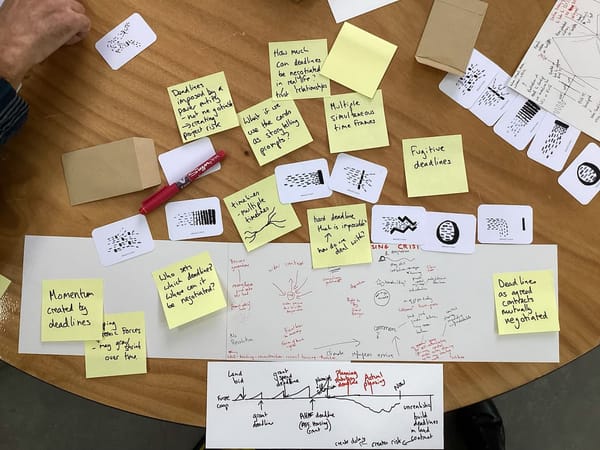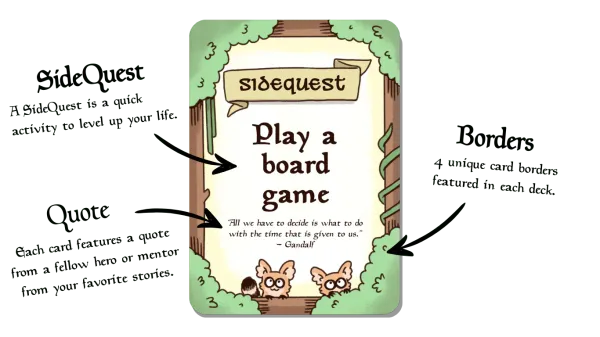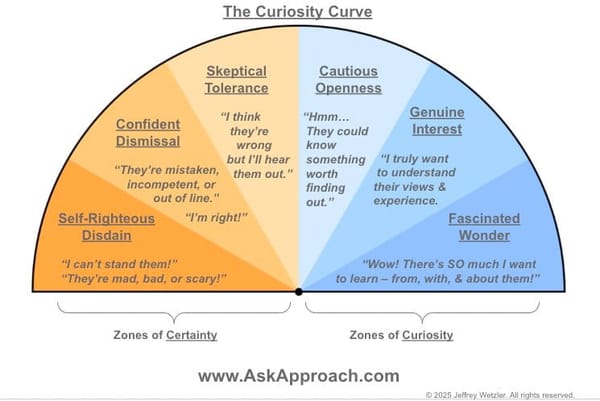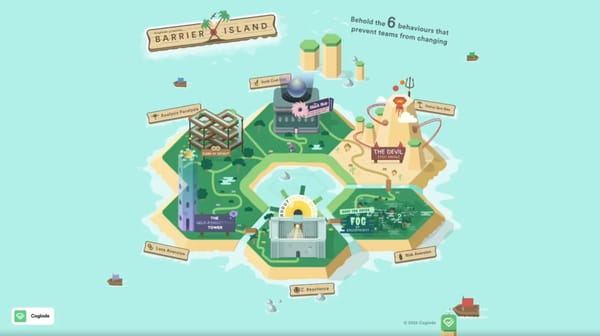№ 57 | A Galactic Table of Elements, Montessori Architectural Patterns, Dark Patterns in Games, Writing to Think, and Satir’s Self-Esteem Maintenance Kit
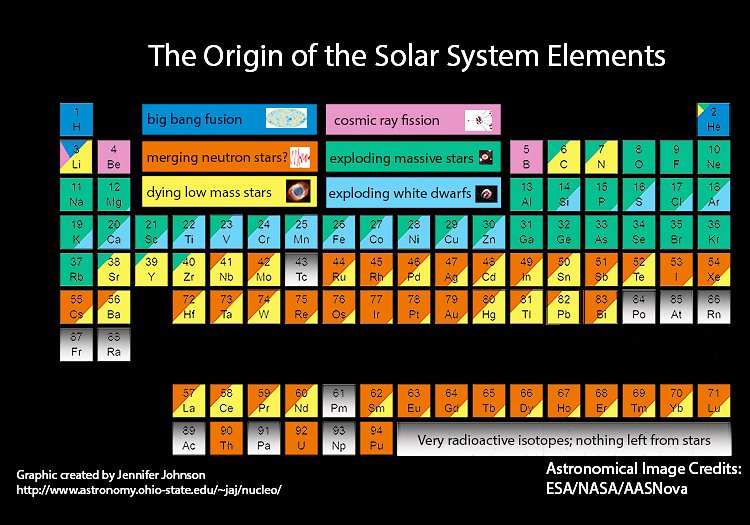
It’s… and odd assortment of things, this week. 🤪
A twist on the periodic table of elements
Ooh. A new twist on the period table of elements—based on their galactic origins!

Montessori architectural patterns
Two things I love, together: Architecture + Montessori. Montessori Architecture lists principles for designing school buildings that support the Montessori philosophy of learning. 😍

“Healthy” games?
I’m familiar with dark patterns on the web. I’ve never considered the same for video games. The Dark Pattern Games site catalogs game design dark patterns that are “added to a game to cause an unwanted negative experience for the player with a positive outcome for the game developer.”

The bright spot in all this? Games that are considered healthy, as they employ NO dark patterns (nice shoutout to Townscaper).
Writing to think
Two articles with similar themes: Writing as thinking. “Why Write?” from Farnam Street, and “More Thoughtful Reading & Writing on the Web” from Tantek Çelik.

Satir’s Self-Esteem Maintenance Kit
Introducing Satir’s Self-Esteem Maintenance Kit, consisting of five items: “a detective hat, a medallion, a wand, a golden key, and a wisdom box…”

Go read the post. Make of it what you will. And… I’m going made an odd, serendipitous pairing (hey, loose connections, right?!).
I just finished reading Ursula K Le Guin’s The Dispossessed (brilliant novel!). There’s a moment near the end of the book where the protagonist has a kind of awakening or resolution to independence. It’s a beautiful passage. Here’s a fragment:
Long after Takver had fallen asleep that night Shevek lay awake, his hands under his head, looking into darkness, hearing silence. He thought of his long trip out of the Dust…
Shevek had learned something about his own will these last four years. In its frustration he had learned its strength. No social or ethical imperative equaled it. Not even hunger could repress it. The less he had, the more absolute became his need to be.
He recognized that need, in Odonian terms, as his “cellular function,” the analogic term for the individuals individuality, the work he can do best, therefore his best contribution to his society. A healthy society would let him exercise that optimum function freely, in the coordination of all such functions finding its adaptability and strength…
Sacrifice might be demanded of the individual, but never compromise: for though only the society could give security and stability, only the individual, the person, had the power of moral choice—the power of change, the essential function of life.
He was therefore certain, by now, that his radical and unqualified will to create was, in Odonian terms, its own justification. His sense of primary responsibility towards his work did not cut him off from his fellows, from his society, as he had thought. It engaged him with them absolutely.
😍


